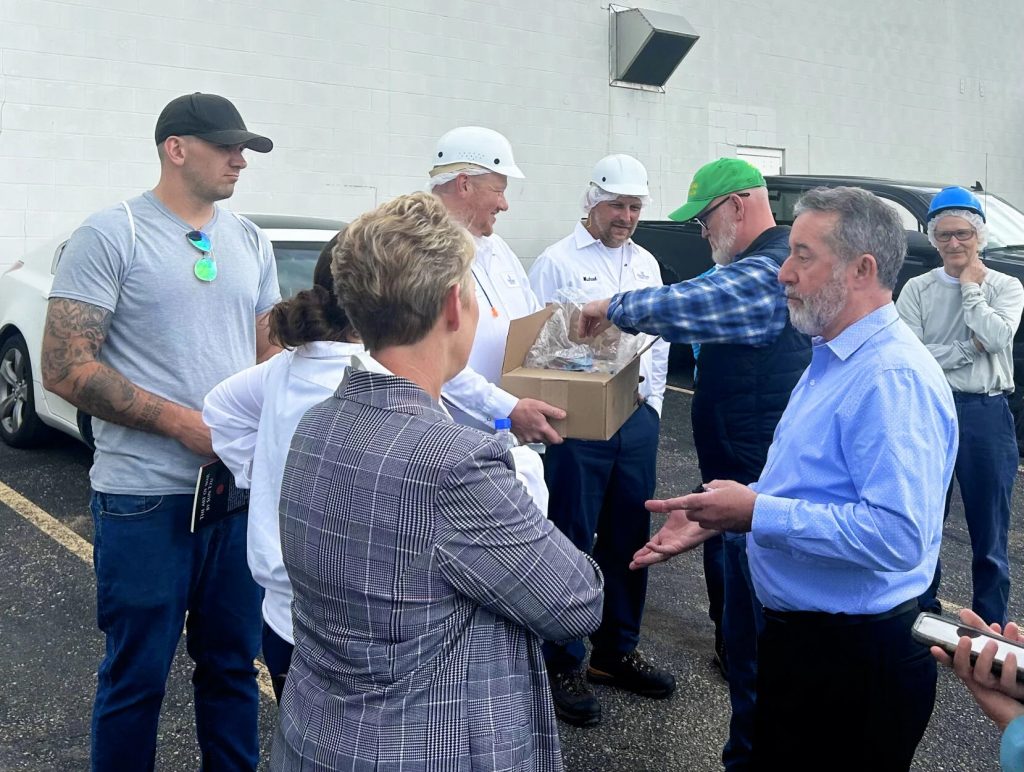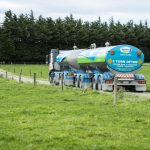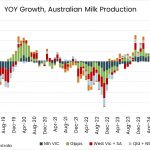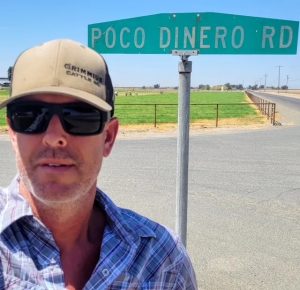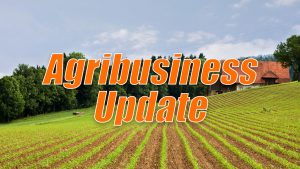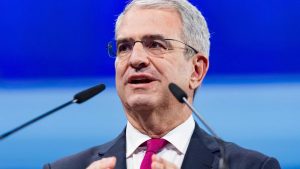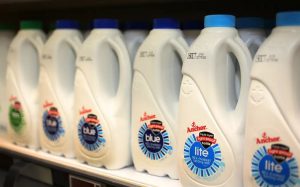
Wearing a green “Make Agriculture Great Again” hat, U.S. Rep. Derrick Van Orden, R-Wis., discussed federal agricultural policy Thursday after stopping at a southwest Wisconsin cheese plant.
The visit to dairy co-op Foremost Farms’ Lancaster plant, which produces 51 million pounds of cheese annually and is known for its 640-pound blocks of cheddar, comes about a week after the U.S. House of Representatives passed a budget reconciliation package, dubbed the “One Big Beautiful Bill Act,” that includes several provisions related to the dairy industry or broader agricultural policy. The legislation now awaits action in the Senate.
“I don’t care what political party you’re affiliated with — cheese is bipartisan,” Van Orden said.
Rachel Turgasen, vice president of member and corporate relations and sustainability at Foremost Farms, said several elements of the legislation benefit the dairy industry, such as extending through 2031 a U.S. Department of Agriculture program offering financial assistance to dairy farmers when the margin between the all-milk price and average feed cost falls below a coverage level chosen by the participating producer.
“(The reconciliation bill) did include … the continuation of the Dairy Margin Coverage program, again supporting dairy farm families,” she said.
Brenda Dehart, president and CEO of Foremost Farms, added that the permanent adoption of the Section 199A tax deduction available to dairy cooperatives is a “critical” piece of the bill.
Turgasen also expressed support for the Whole Milk for Healthy Kids Act, which would update USDA regulations to allow whole milk, rather than just fat-free or low-fat milk, to be served in schools participating in the National School Lunch Program. The act was proposed in January and most recently was amended by a committee in February.
“Foremost has resolutions on the books supporting efforts like Whole Milk For Healthy Kids, again, getting nutritious dairy products at schools with school children,” Turgasen said. “We appreciate (Van Orden’s) support for that legislation.”
Regarding tariff policies of President Donald Trump’s administration, Van Orden said he sympathizes with the uncertainty Wisconsin farmers have felt but that tariffs will lead to more favorable trade deals pertaining to U.S. agricultural exports.
“We don’t want a trade war with anybody, but people are going to damn well start treating our farmers and our manufacturers fairly — period — and if that takes that period of uncertainty to get that ironed out, that’s what it’s going to take,” he said.
Van Orden specifically called out India, which applies tariffs of 30% to 60% on imported dairy products, and Canada, which imposes tariffs on U.S. dairy imports only after hitting a quota negotiated in a 2018 deal.
“If we can get India to act fairly, that’s a massive, massive market,” Van Orden said. “Canada is going to treat our dairy farmers properly, and they have not been.”
Funding freezes related to the Trump administration’s efforts to reduce federal spending also have impacted Wisconsin dairy farmers. Funding for the Dairy Business Innovation Initiative program, which awards grants for dairy farmers and processors to grow their capacity and explore innovations, was paused in February — jeopardizing $28.6 million in grant funding impacting 420 dairy businesses nationwide — before the funds were released in March.
Van Orden took credit for the release of the funds, stating he contacted U.S. Secretary of Agriculture Brooke Rollins and Elon Musk — who until Wednesday headed the Department of Government Efficiency that spurred many of the cuts — to pass on his constituents’ concerns about the funding freezes shortly before the funds were released.
“We tell everybody — if there’s a specific program that I can address to a Cabinet secretary, just tell me what it is and if it makes sense, we’ll get it going again,” he said. “(The Dairy Business Innovation Initiative) makes absolute sense to our farmers.”
Democratic members of Wisconsin’s congressional delegation also advocated for the funds to be released.
In a Feb. 27 letter addressed to Collins and signed by U.S. Rep. Mark Pocan, D-Wis., and U.S. Rep. Gwen Moore, D-Wis., the representatives demanded an explanation for the payments being withheld and a timeline for their return. Pocan’s office provided the letter in response to a request for comment.
“Backing away from promises to America’s dairy farmers and businesses will further reinforce the perception that the Trump/Musk administration is only interested in catering to the interests of the very wealthy, at the expense of actual working Americans,” the letter read.
You can now read the most important #news on #eDairyNews #Whatsapp channels!!!
🇺🇸 eDairy News INGLÊS: https://whatsapp.com/channel/0029VaKsjzGDTkJyIN6hcP1K
